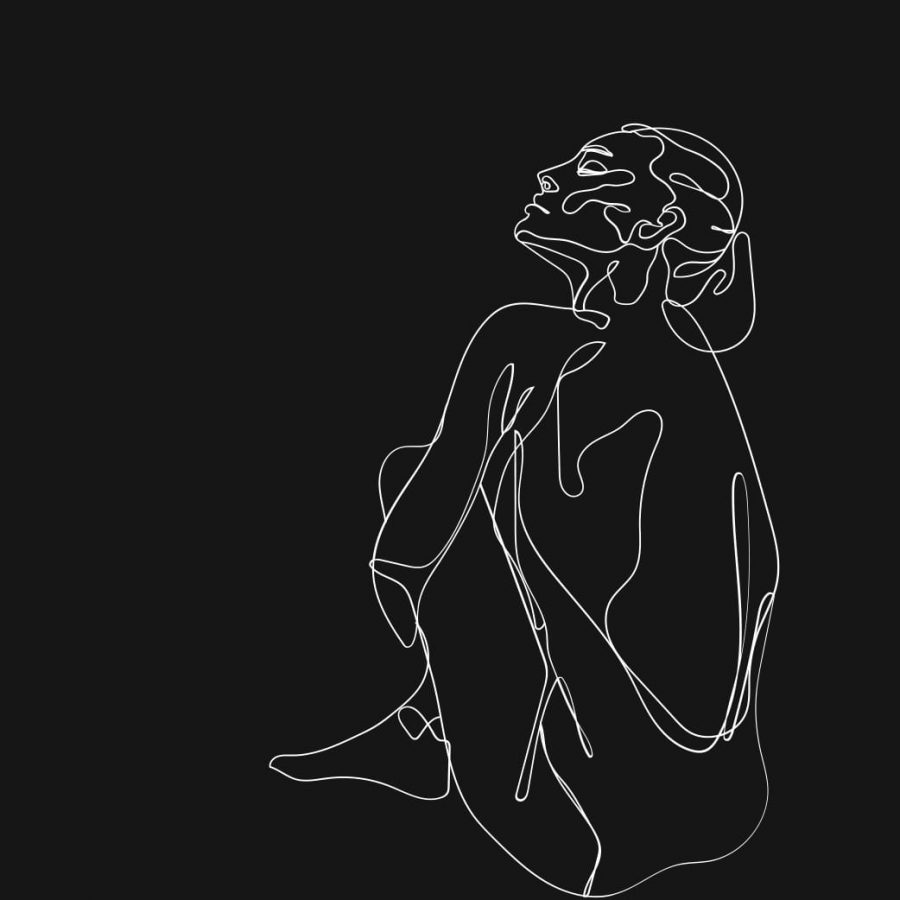The Black Experience in Honors: It’s Hard to Be “The Only One”
May 20, 2021
Kayden Graves, a Black Senior, remembers 10th grade Math Analysis like it was yesterday. Taking a course two years above her grade level, Graves was prepared for the academic challenge. But once she got there, she faced a different kind of challenge.
One day in class, Graves was unsure how to proceed with a logarithmic equations worksheet. She turned to her peers for help but was ignored. Frustrated, Graves sought her teacher’s assistance. After a little back and forth, the teacher asked her, “Are you sure this is the class for you?”
Those words cut deep. Graves said it was common for her to be overlooked and underestimated in the classroom. She has taken honors courses all her academic life but always had to endure the twin struggles of being underestimated and being the only Black student in class.
While she was able to get past that teacher’s degrading comment, Graves said that experiences like hers reflect a larger issue: the subordinate treatment of Black students in advanced courses at Pali.
Black students represent 12 percent of the school’s student body but only a slim percentage of enrollment in AP and honors classes.
According to the Civil Rights Data Collection, Black students make up 15 percent of high schoolers nationwide, but only nine percent of that number have enrolled in at least one AP course. California would need to enroll an additional 37 out of every 100 Black students in AP courses statewide to attain fair representation, The Education Trust reported. Even more staggering, just over 4 percent of students who passed AP exams in 2019 were Black.
Graves doesn’t think this is a coincidence.
“There are a lot of factors as to why some minorities don’t take advanced classes that students honestly don’t have control over,” Graves said. “Minority students are discouraged from taking AP/honors courses for some reasons, including fear of not succeeding and fear of being the only one.”
The disincentives go deeper. “They might not have the same access to extra help or even the money for tutors like other students,” she observed, “therefore they stick to what is comfortable for them.”
Graves is not alone at Pali. Senior Class President Michael Brent IV has taken several AP courses at Pali and said, “It is very weird being the only Black student in a classroom.”
In one of his classes, Brent said he was constantly confused with another Black student, which became a running joke for the rest of the class.
“Yet, I never saw them as jokes,” he said.
While most of the discrimination Brent said he has experienced at Pali has been more “covert” in nature, he recalled an instance when the racism was, in his view, “blatant.”
“When I ran for Senior Class President, I got a random text message of someone calling me [the n-word],” he said. “That isn’t a feeling of being underestimated… It’s more than feeling put down. Some behavior is on a larger scale.”
Based on his experience, Brent sees a lot of room for growth.
“I am not sure how many of these behaviors can be improved or eliminated,” he said. “There is a part of me that feels that may not ever happen.”
To feel more comfortable, Graves and Brent sought out the support of their peers, finding solace among other minority students and faculty at Pali.
“At my lowest, [the Black community at Pali] were there to comfort me in the way that I needed,” Graves said.
Run by English Co-Department Chair Crystal Adams, The Village Nation — a mentoring program created to encourage African American youth to “embrace their natural intelligence and leadership capabilities” — has become a backbone for the continued success of Black students at Pali. Similarly, the Black Student Union has played an active role in unifying the Black community on campus.
Brent said he would still like to see more classes and programs that reflect the Black experience spotlighted at Pali.
“Pali needs to highlight these resources more [and] not just to minority students,” he said. “Making everyone aware would be beneficial.”
Graves will attend Howard University, a top-ranked Historically Black College and University, in the fall. There, she said she hopes to put the days of race-based underestimation behind her. In the meantime, she urges current Black students who may be struggling to stick with it.
“As a Black student, it will be hard, and many times you will be tempted to give up on Pali because it can be overwhelming at times,” Graves said. “However, as a person who stuck it out, I can honestly say that I am glad I went to this school, despite all the challenging things I have encountered.”












